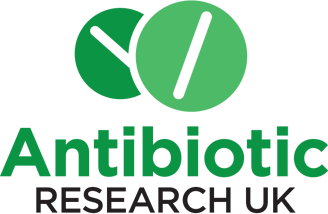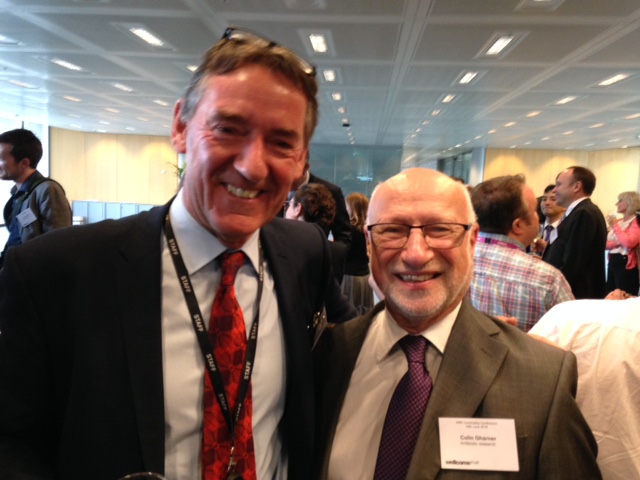Here at Antibiotic Research UK, we welcome this report from the AMR review team headed up by Lord Jim O’Neill and congratulate the team responsible for it for providing a holistic view of antibiotic resistance and highlighting the global economic and health impact of antibiotic resistance as well as raising the profile. We are pleased this very serious issue is receiving the detailed attention.
However, looking at the problem globally has its drawbacks since monies must be found from many different sources to enact the recommendations, which takes time to do. Our charity is focussed on tackling the resistance problem nationally, rather than globally, and it would have been good to see recommendations for specific new UK funds or government action which would tackle the current problem in the UK. Antibiotic stewardship programmes are in place for UK trust and hospital and also in general practice, which is to be welcomed, but much more needs to be done.
We need to better understand AMR morbidity and mortality over the whole UK so that we can take specific action. The O’Neill final report contained 10 major recommendations, of which a number are relatable for ANTRUK. These include 1) a public awareness campaign 2) improving hygiene and prevention control measures 3) reducing the unnecessary use of antibiotics in agriculture and their environmental distribution and 4) increasing the number of effective antibiotics.
In particular, the report endorses ANTRUK’s research strategy by stating that there are areas of applied research which need to be taken forward such as combining antibiotics or other drugs to yield benefits such as new or improved treatments. These areas are not attractive to either academia or industrial research as they are not regarded as cutting edge and yet they could yield new therapies quickly and at relatively low cost. O’Neill proposes a $2billion Global Innovation Fund for AMR to address these areas. The question is how long will it take to set up such a fund, who will administer it and when will it deliver new antibiotic therapies. ANTRUK is taking the initiative to tackle this issue here and now, without waiting for new funds to become available sometime in the future.
The report is very focussed on governments and the pharmaceutical industry solving the problem; more attention needs to be given to the Third Sector and the role it has to play. The Third Sector is still yet to be recognised as an important part of fighting antibiotic resistance, yet with its not-for-profit ethos, open access, and direct links with the public, professionals and patients, charities like ANTRUK could be integral to finding a solution to antibiotic resistance.
It is fantastic that the O’Neill team have highlighted the challenges we face, but now we need to see action – we are ready.

